Playing is all: artist-driven jazz gigs hit Joburg
Covid starved musicians and fans of live music, but jazz nights at venues across the city are banishing those blues by bringing back the blues.
Author:
18 March 2022
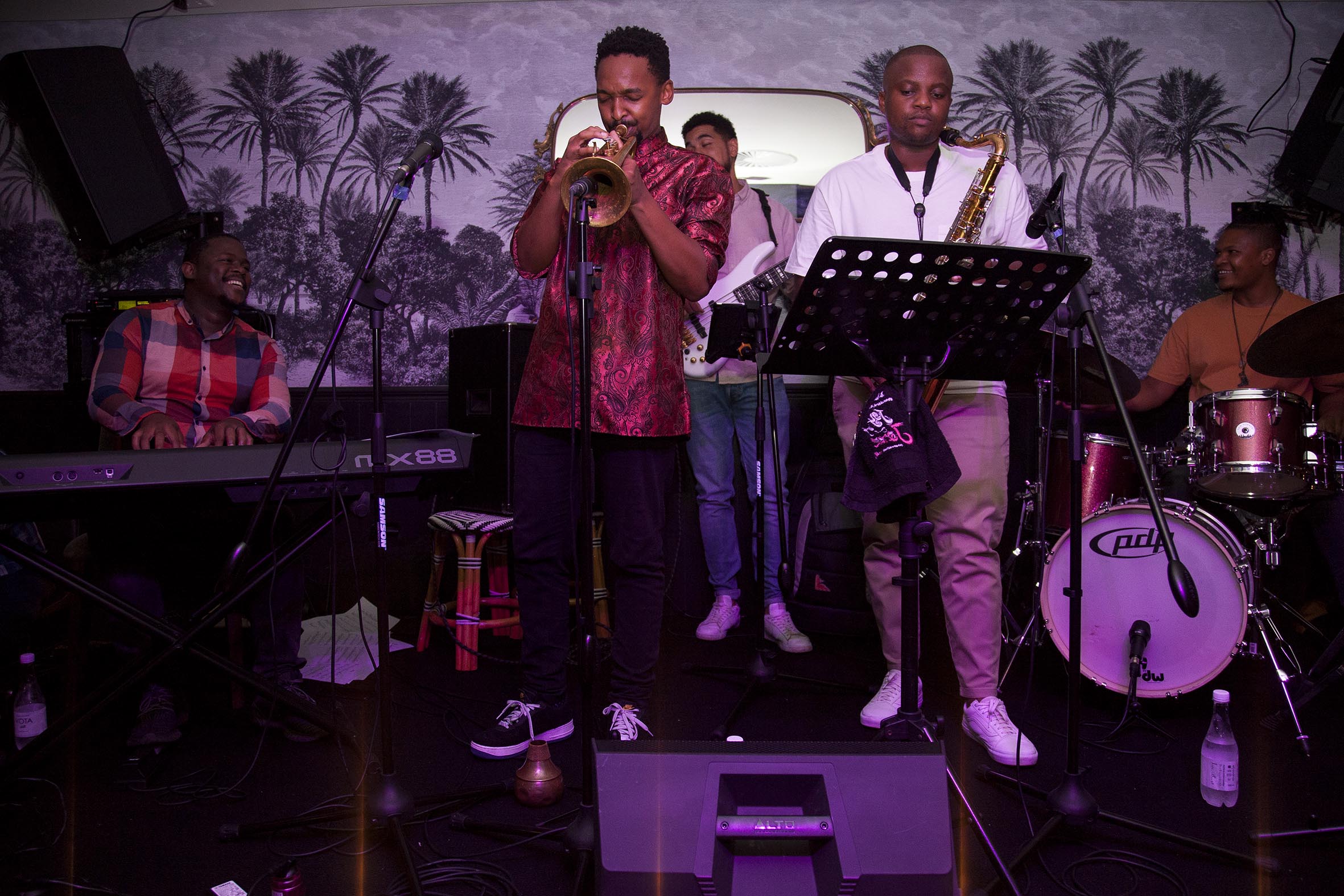
As saxophonist Sisonke Xonti rips through a scorching solo on the Jazz Room’s stage, trumpeter Lwanda Gogwana grins. On a Friday night in Johannesburg’s newest jazz venue, Gogwana is leading his quintet through his composition Blues from the Top. As the band plays on in upmarket Rosebank, Jazz Room’s punters sip on red wine and strawberry daiquiris, and enjoy vegetable moussakas or fillet steaks covered in shitake mushroom sauce.
The Jazz Room hosts one of a number of jazz nights that have sprung up in Johannesburg in the past year. It feels as if jazz is leading the charge in bringing live music back to the city after the pandemic’s various lockdowns and restrictions.
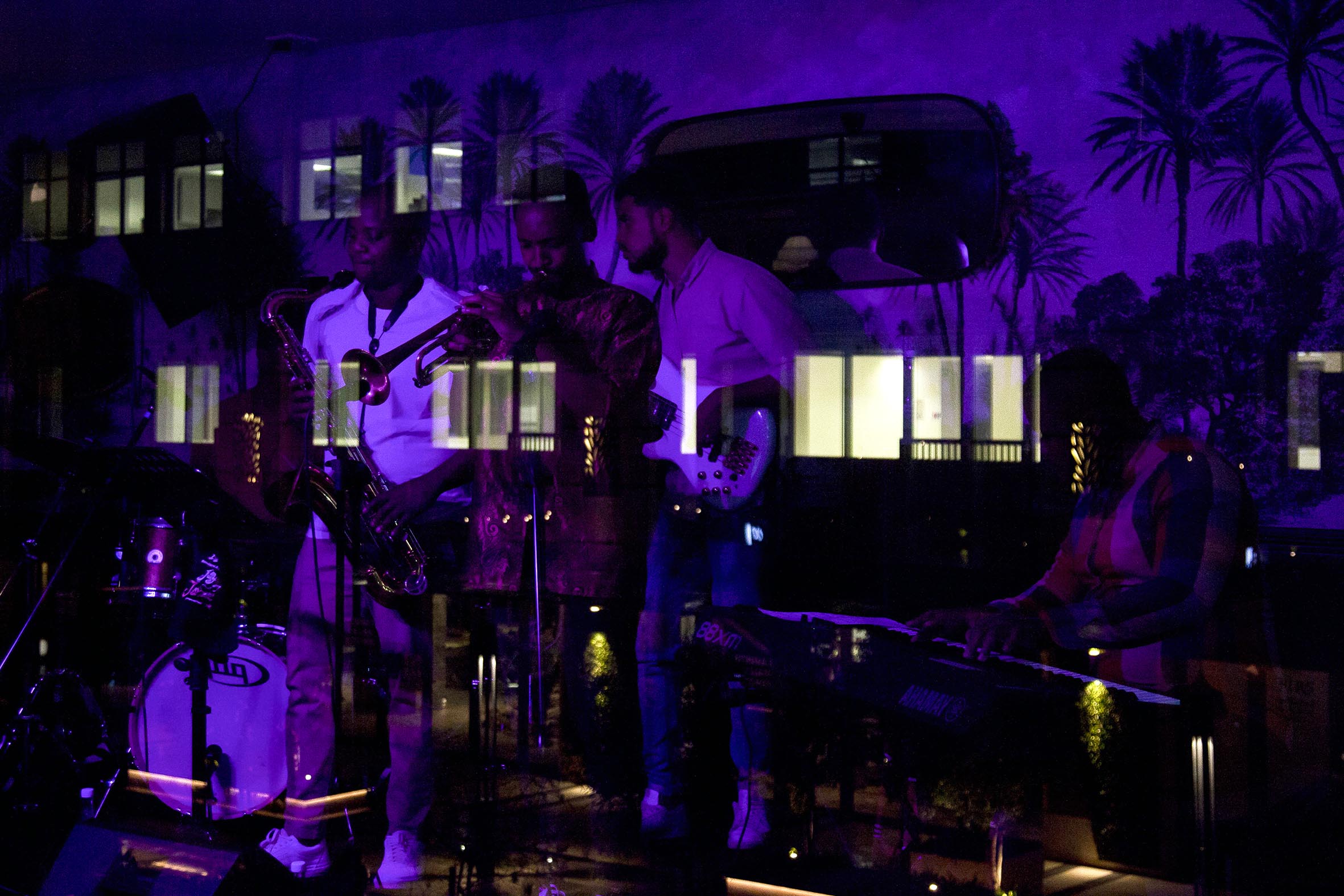
Kabelo Mlotshwa, who is in charge of programming at the Jazz Room, explains that the venue used to be a smoking area for the Doppio Zero restaurant. During the Covid-19 pandemic, the owners decided they wanted to do something different with the space, and on 14 March 2021 trumpeter Mandla Mlangeni’s performance launched the Jazz Room. Since then the venue has hosted some of the genre’s leading lights, including Carlo Mombelli, Madala Kunene, McCoy Mrubata and Bokani Dyer on its stage.
As a jazz fan, Mlotshwa says it is great to see live music again. “It’s all about the chemistry, the energy transferred between the musicians and the audience.”
The rise of jazz nights
Sandton has eDikeni, Rosebank has the Jazz Room, Doornfontein has the Marabi Club and Midrand has 250 On Cedar, while Braamfontein has the Mangrove and the Leano Stage. What’s more, March will see a few more jazz nights hit the stage for the first time. The Monarch restaurant in Sandton is launching one on Thursdays and the Bertrand Jazz Lounge in Maboneng will soon be launching its Church of Blues night on the first Thursday of every month. Saxophonist Teboho Moruti Mokoena says the Church of Blues will explore the blues in all its shapes and forms, with guest musicians joining him every first Thursday to explore the genre that birthed jazz.
“There is so much happening,” says jazz and classical music promoter Aymeric Peguillan. “Jazz is coming back stronger than before Covid.” He was involved in the now-defunct Johannesburg jazz club The Orbit, which was the city’s premier venue, but closed its doors in early 2019. South African jazz fans listen when Peguillan speaks – and he is still promoting music sessions in Johannesburg. “Perhaps this is what Johannesburg needs, not one main jazz club, but many different jazz nights,” says Peguillan.
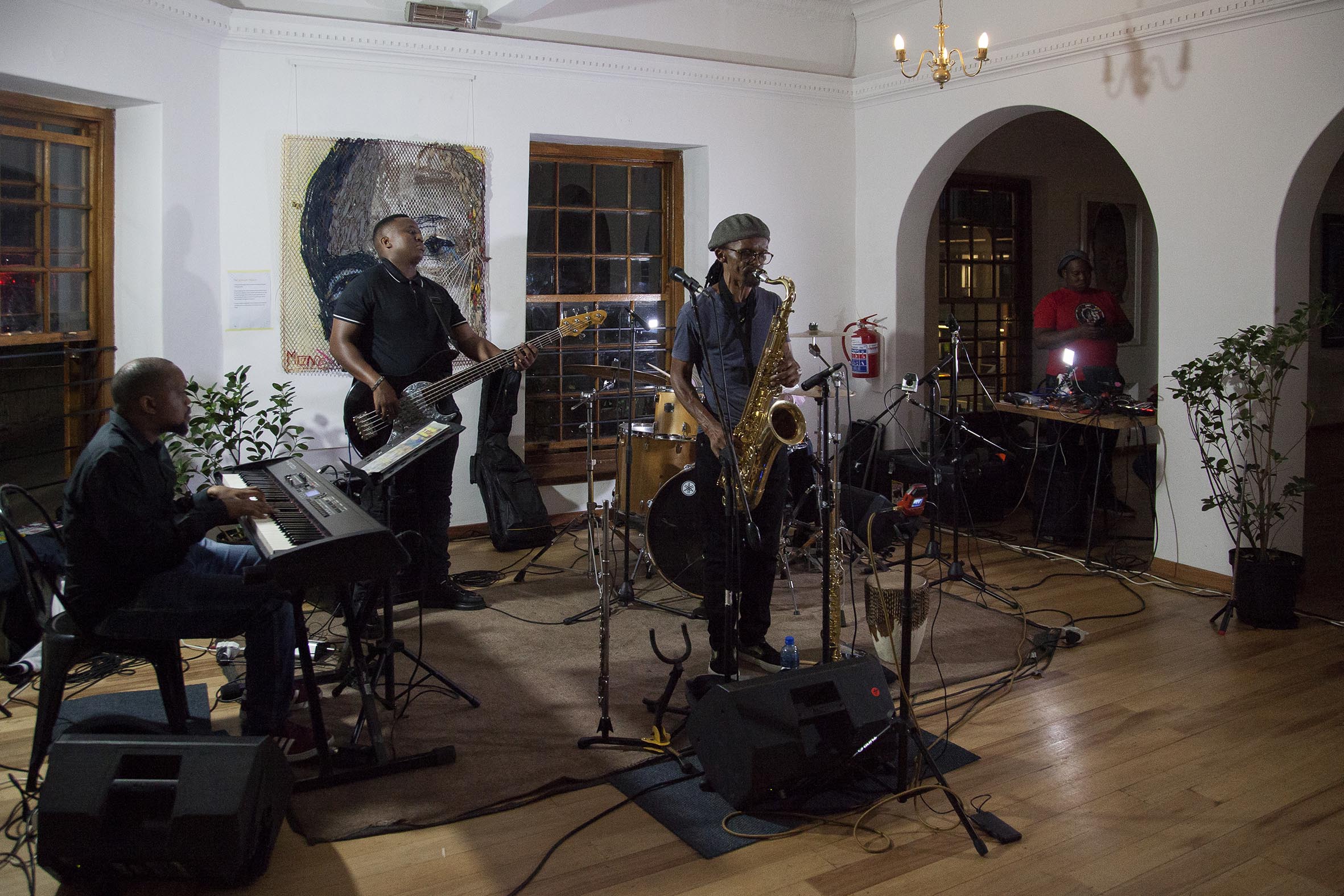
He says what is fascinating about many of the new nights is that artists drive and run them. “The musicians want to perform and jazz needs an audience,” says Peguillan. “It’s easy for them to go to a venue owner and say I can add value to your venue.” He also points out that ticketing companies like Quicket have made a huge difference, making it much easier for artists or venues to host and manage an evening.
Examples of what Peguillan is talking about include Mlangeni’s curation of the Thursday night jazz evening at the Mangrove in Braamfontein, bassist BandaBanda’s (real name Sam Ibeh) curation of the Leano Stage and Mokoena’s Church of Blues night. Mlangeni says live music has been slow to emerge from the pandemic, but as it starts to come back to Johannesburg, musicians can’t just sit around and wait for gigs to roll in. They need to be active in creating their own spaces to perform. He says partnering with the Mangrove to launch a jazz evening was a win-win situation, because it allowed an artist-driven jazz evening to develop over time.
Lereko Ntshona, eDikeni’s owner, agrees that these new forms of partnership and collaboration between musicians and venues could go a long way to creating a sustainable live jazz circuit. “Gone are the days when a musician could just wait for a fee,” he says.
Jazz in lockdown
Ntshona says running eDikeni during the pandemic has been “quite a journey”, admitting that the restaurant started live gigs at the “worst possible time”, just before Covid-19 began spreading. “We launched it with a series of pop-up events in December 2019,” he says. “And then in March 2020, the lockdown hit.” Ntshona says restaurants shutting down and live events stopping affected a huge number of jobs across different sectors of the economy. “A lot of people were retrenched,” he says. Without an obvious way forward, the uncertainty created by the pandemic had to be carefully navigated, Ntshona says. “It was really tough, you couldn’t plan ahead. You had to figure out how to be nimble enough to survive change.”
eDikeni got its live music offering back on track in October 2020, but Ntshona says there was hesitation from audiences. The venue, which offers indoor and outdoor dining, began with shows for 50 people in a space that could accommodate 200. “Safety became a priority,” he says. “At the time we were the only ones doing shows.”
Other venues such as Tshepo Riba’s 250 on Cedar in Midrand also tried hosting jazz and Afro-pop sessions in late 2020 – about the same time eDikeni rebooted its live music offering – but found the environment too tough. 250 on Cedar only permanently got its live music offering going the following August.
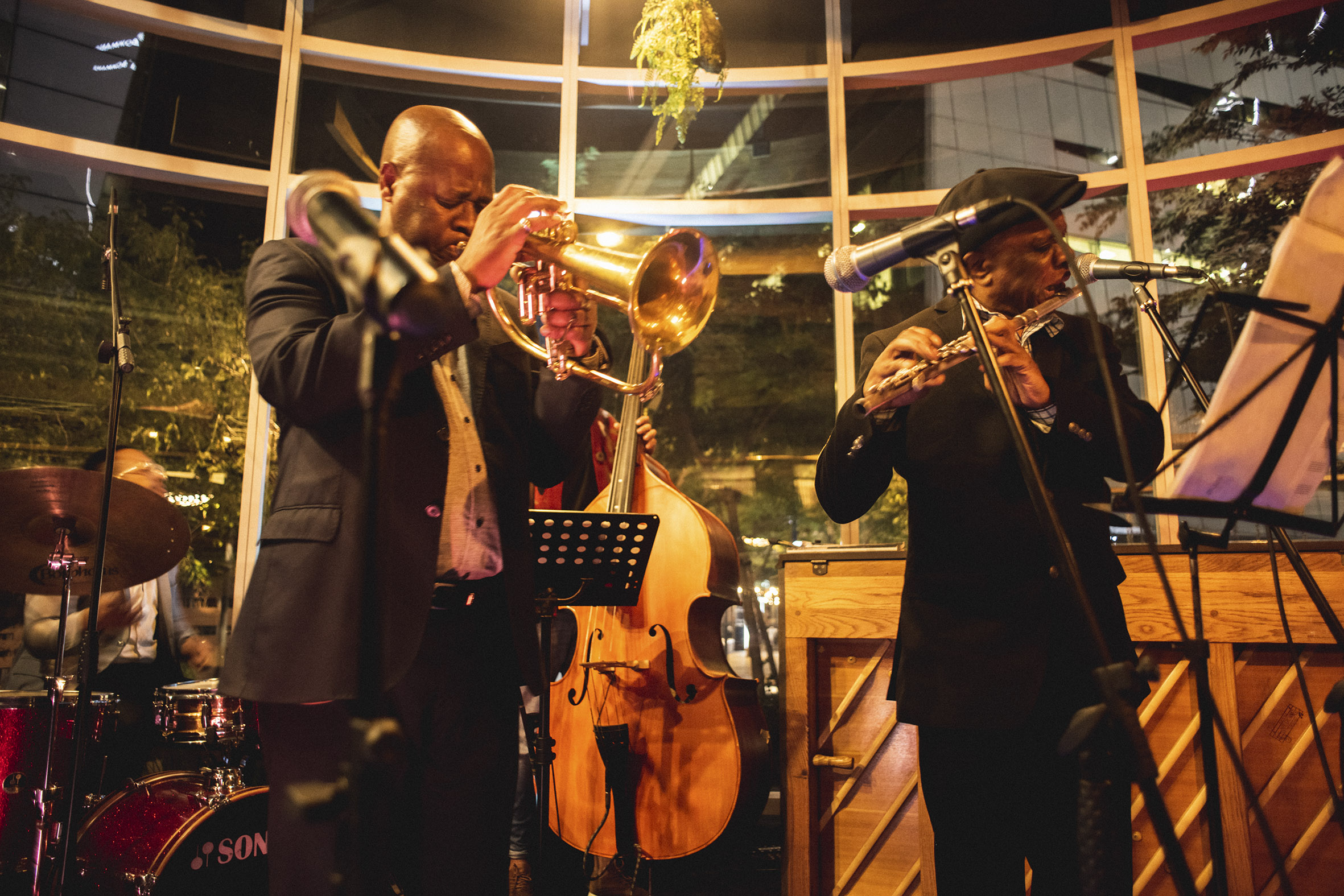
Ntshona says the musicians were over the moon when live sessions started at eDikeni in 2020. “They kept telling me, the ability to play was everything,” he says. Mlangeni explains that a live gig represents a litmus test for musicians, a place where they can work out their ideas in conversation with their peers and audiences. Not only did the Covid-19 pandemic take away this vital exchange from musicians, it also usurped most of their income.
Trombonist Malcolm Jiyane, whose sextet played a New Year’s Day set at 250 on Cedar, found the lockdown traumatic. “An artist is like an athlete. You need to stretch,” he says. “Whether there is a gig or no gig, you need to stay in shape. But it’s hard to stay in shape while you are hungry.”
Mlangeni is quick to point out that cancelling live music does not only affect musicians. “There are waiters, bar staff, security, sound companies who were all affected,” he says. “The Covid-19 pandemic was very challenging. It took away everything.”
Joyful music
Fast forward two years and eDikeni is one of several venues where audiences can watch live jazz in Johannesburg. Ntshona says he is not surprised. “Jazz has always stood the test of time,” he says. “It’s the sound we turn to when we are in need of healing and joy. The pandemic has been a very challenging time … that forced a lot of people to turn inward.” This contributed to a yearning in many people for home and a sense of belonging, into which jazz taps.
Mokoena agrees that people have turned to jazz and blues for solace. “People need the blues right now to keep us moving through these tough times,” he says.
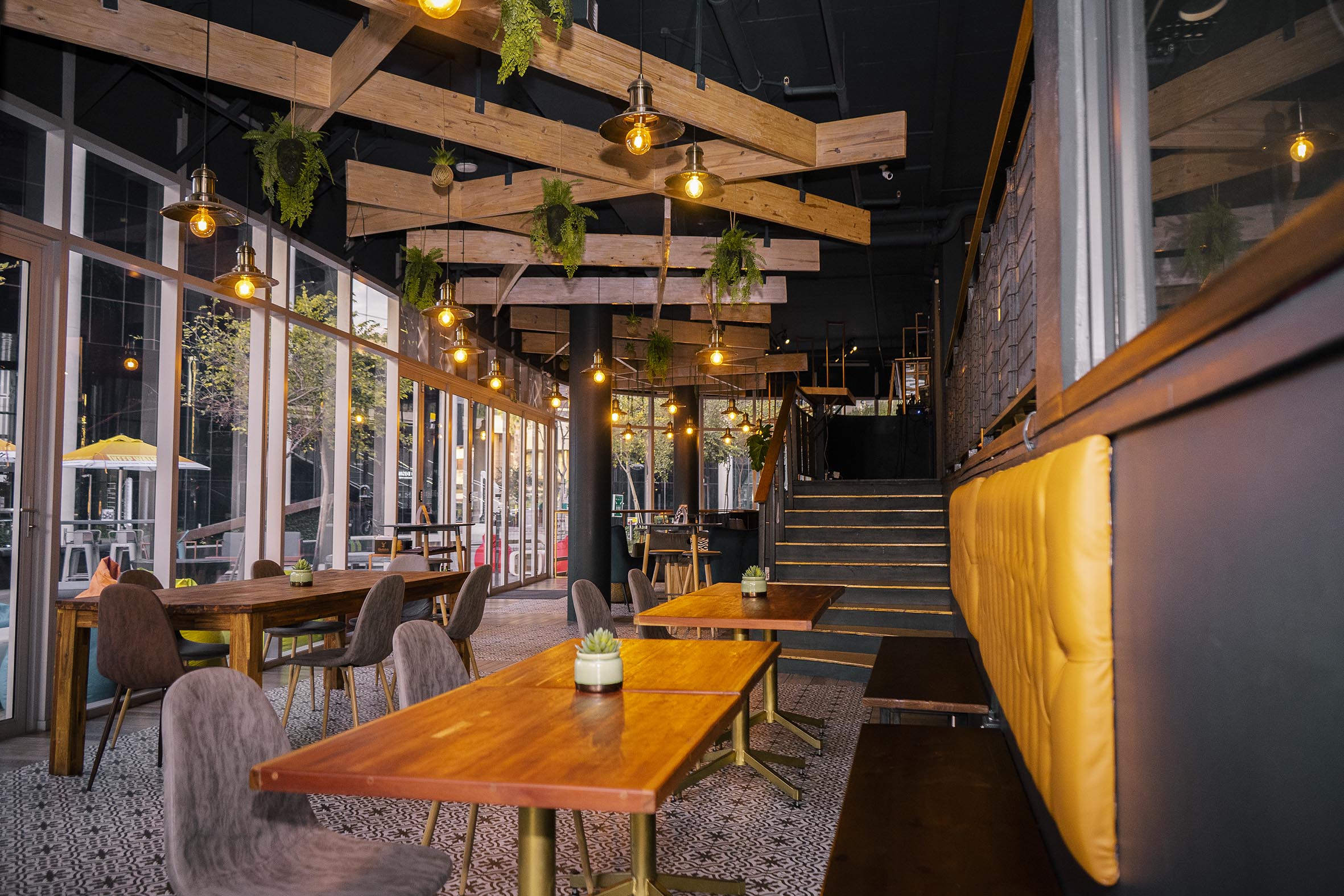
BandaBanda believes jazz allows audiences to imagine what could be because it is full of endless possibilities and improvisation. This makes it a natural fit for what South Africans have been experiencing over the past few years. “I see the excitement,” he says. “People are hungry for live music and the musicians are really excited to be playing again.”
